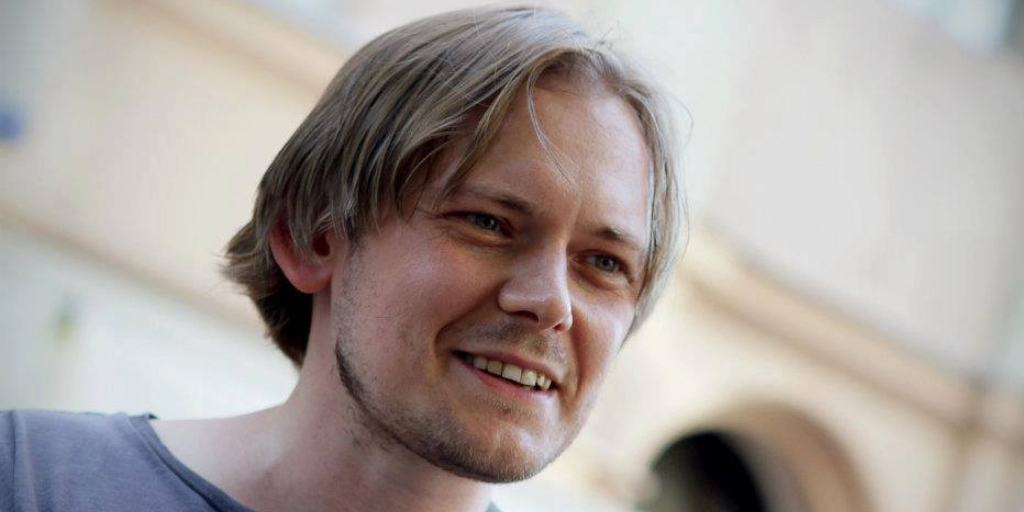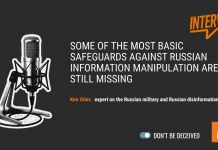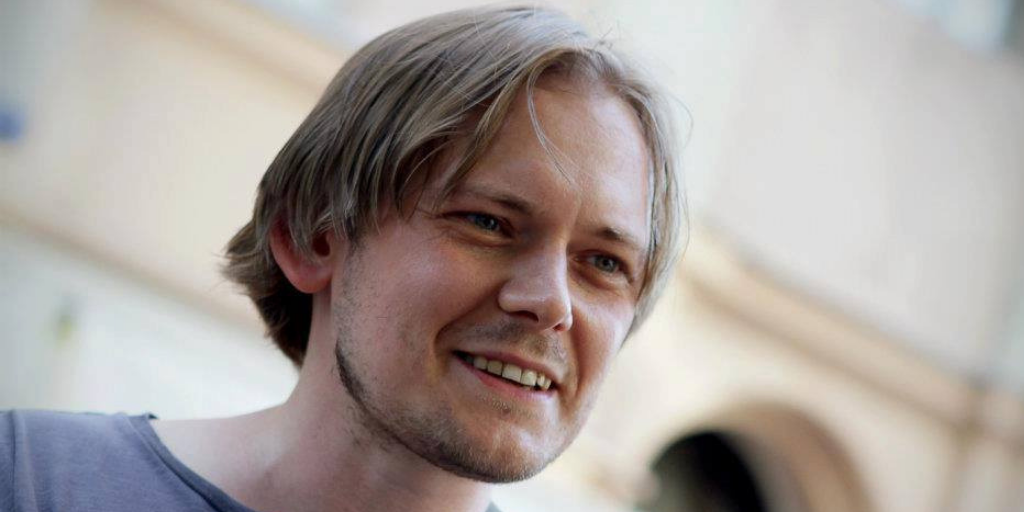
Andrei Arkhangelsky is a Russian journalist, columnist, author and the cultural editor of the weekly magazine Ogonyok.
Andrei Arkhangelsky is also one of the most active commentators in Russia on the topic of disinformation and propaganda. His work is published by Carnegie, Colta, Delovoy Peterburg, Kommersant and Republic. He appears regularly on Radio Echo of Moscow and Radio Liberty, as well as on TV Rain and Current Time TV.
In this exclusive interview, Andrei Arkhangelsky shares his analysis of the nature of the pro-Kremlin disinformation; the specific language of the propaganda and the reasons for its upsurge in Russia after 2014. He also presents his suggestions for how the propaganda can be countered.
Propaganda as psychological support
Q. First a question about terminology. Which term do you prefer: propaganda, fakes, disinformation? Or another term?
A. I prefer to say propaganda. Fakes and disinformation are tools; propaganda is a broader, psycholinguistic phenomenon.
You will be surprised, but the propaganda is initially directed not at others, but at ourselves – for our own reassurance. It serves as psychological support for people who have lost the meaning of life after the collapse of the Soviet Union.
It is difficult to live in a globalised world, you have to make an independent decision every minute – what to do, what is right, what is wrong. You need to constantly look for answers to complex questions. The post-Soviet people in Russia as a whole never managed to cope with this challenge. They wanted to return to a simple world where “we” are good and true, and everyone else is untrue or even evil.
The propaganda brings salvation to a traumatised imperial consciousness. It returns people’s confidence in their own rightness. Fakes and disinformation are needed in order to confirm this.
Simplifying people’s worldview
Q. Is it possible to give a general characteristic of the so-called “pro-Kremlin disinformation”?
A. Since 2014, the propaganda has been situational, a reaction to the Ukrainian Maidan. But from about 2016, it began to include the whole world and took shape as a worldview.
Today’s propaganda is an anti-modern project, it opposes modernity. With the help of propaganda, the Kremlin tries to become the leader of world conservatism. However, it does not formulate its own values anywhere. This is very convenient – the propaganda is not limited by any framework. It is largely built on lies by omissions and hints.
For example, one of its most interesting concepts is the term “geopolitics”. What does that mean? The propaganda assumes that geography predetermines human behaviour and worldview. That is, if you were born, for example, in Germany or Norway, then with a 99% probability you will act like “Germans usually do” or like “the Norwegians” …
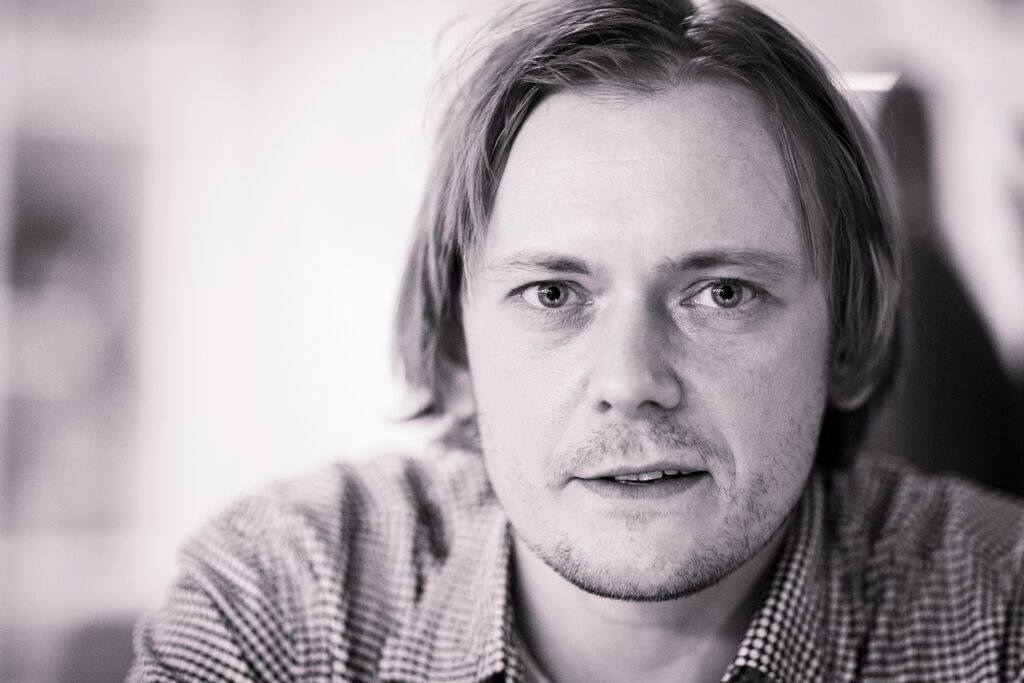
In the propaganda talk shows about other nations or countries they think of people as if they were chess pieces: The bishop moves diagonally. The horse moves like the letter L. “Americans always do so and so in relation to Europe”. “Europe has always been opposed Russia.” That is, all states and people have some kind of inherent motivations that never change.
The convenience of this concept is that it simplifies the world and explains that nothing depends on a person himself or herself. That man is doomed to be a hostage to history. This is very archaic; but it works – because it simplifies people’s worldview.
The problem is that the world is in fact completely different today: it does not matter where you were born – your personality, your views, your education, that is what is important.
“The most advanced society in the world”
Q. Do you think that the situation with disinformation is special in Russia, or can it be compared with the situation in other countries?
A. For every former empire, the phantom pain is different, but it’s still phantom pain. Let us recall, for example, France, when it lost its colonies, or England. Of course, what we are talking about is a post-imperial syndrome, and in this sense, Russia is not unique. But Soviet messianism mixes with the usual imperial complex in Russia.
In fact, in order to understand propaganda, you need to re-examine the phenomenon of the Soviet person. Not the official postulates, in which no one believed anymore in the Soviet Union in the 1970s. But the behavioural habits. Violence was the foundation of Soviet ideology and became part of people’s worldview, and of the communication mechanisms of an ordinary person.
In addition, as the sociologist Lev Gudkov writes, Soviet people believed that they were the representatives of the most advanced society in the world. The Soviet Union is no longer there, but the habit of considering oneself the bearer of the highest truth has remained. Hence this confidence in their own rightness – which is what propaganda plays on.
They don’t understand the power of democracy
Q. Which concrete cases of disinformation or propaganda would you recall as particularly vivid and important for understanding the role that it plays in modern Russian society?
A. Recently, I have been interested in how the propaganda describes crises and protests in Europe. The migrant crisis of 2016, recent protests in Catalonia and in France – the propaganda literally sings about it. Colourful reports claim that the Western system is fragile and not resilient. “Europe attacked by migrants!” “Refugee camps in the streets!” “Nothing will be left of European identity!”- the propaganda talks about it as if it is the end of the world. “Tens of thousands of ‘yellow vests’ take to the streets of France!”

According to the propaganda, this is something terrible. But in fact, crises and protests are normal for a democracy. This misunderstanding is very characteristic of the psychology of the Kremlin. They don’t understand that the power of democracy lies in trusting people.
The economist Friedrich Hayek wrote that the private economy is more efficient than the planned one because it is capable of making thousands of decisions independently, without the help of the state. This also applies to society: If you trust society, it itself develops a solution to crises. Parliaments, political parties, elections – all this translates any protests and crises in Europe and America into a legal channel.
The anti-Western propaganda does not just mislead people – it seems to deprive them of their adequacy and modernity. Throws them back in time. Thereby it harms, first of all, its own society.
To blur the line between good and evil
Q. What purpose or purposes does the disinformation serve, in your opinion?
A. Its global goal is to destroy any existing values in the world, especially the liberal ones. Its task is to instil the idea that there are no values at all, only gross instincts and habits. That a person cannot change for the better. That there is no difference between democracy and authoritarianism, that “everyone behaves equally badly.” Ultimately, the goal is to blur the line between good and evil (in Russia, postmodernism is often understood that way, which, of course, is a mistake). When no one believes in anything, obviously, it is more convenient to solve tactical political tasks.
But at the same time, the propaganda also serves to satisfy one’s own egoism. Hundreds of propagandists are now completely accustomed to their role and reproduce one endless monologue in which we are the smartest, and all the rest are fools. Therefore, the propaganda today seems to be expanding in breadth, and each participant contributes with his or her own complexes, phobias, fears and stereotypes. The propaganda today looks like “art for art’s sake.”
But I want to say that its goals are not only practical, they are also therapeutic. The propaganda provides an opportunity for its followers to say something that until recently was considered indecent – for example, to mock the presidents and governments of other countries. This “freedom from culture,” as Freud said, also gives people pleasure.
Collapse with popcorn
Q. In some of your articles, you have singled out the Russian word “krakh” (crash, collapse) as particularly important for the disinformation? Can you explain why you choose to underline this particular word?
A. The word “krakh” comes from the German Krach, as is often repeated by the propagandists when they talk about crises in the Western world. The term came from Soviet Marxism, which promised “the inevitable collapse of capitalism.” But now this concept of “collapse” has been supplemented by religious eschatology about “the end of time”.
What is convenient about this concept is that the person does not need to do anything himself or herself: everything is decided in advance by history. The “collapse of capitalism” would eventually happen due to “historical laws.” Now the propaganda projects this idea onto the globalised world.
The essence of the new concept of collapse is that the globalised world has been unable to stand the test of liberalism and modernity; it turned out to be too heavy a burden for mankind – and therefore a conservative turn is inevitable.
This “collapse” is also understood as the punishment of the West for the collapse of the Soviet Union. Now one of the most frequent analogies is that “the fate of the USSR awaits the European Union and the USA.” This is a completely unfounded idea, but, again, it is moral compensation for the traumatised post-Soviet consciousness.
And again, this concept of “imminent collapse of the West” does not require any effort from the consumer of propaganda. All you need to do is to take your popcorn and watch on TV how “the West is approaching collapse.”
Opposing propaganda with values and facts
Q. In your opinion, what can be a threat to misinformation? Can you name specific examples of successful “neutralisation”? What methods and approaches have been used in such cases?
A. You see, propaganda is not just words, and not just mechanisms. It is a kind of ideology, a spirit. It enables consumers to feel victorious, part of the eternal truth. Try to neutralise spirit: “You are lying” or “everyone is lying the same way” – these are the two universal answers of the propaganda to any accusations. I’ve been studying the language of propaganda for five years, and, frankly, I can’t imagine today what argument would be able to change this spirit.
The fact is that, in exposing fakes, one way or another we appeal to rational arguments. These are the facts, we say. But propaganda is based on irrational grounds. You conduct yet another investigation or produce a debunk – and people will be well aware that this is most likely true. But at the same time, they are sure that in the highest sense “the truth is on our side.” And a small lie in the name of a higher truth is not so terrible.
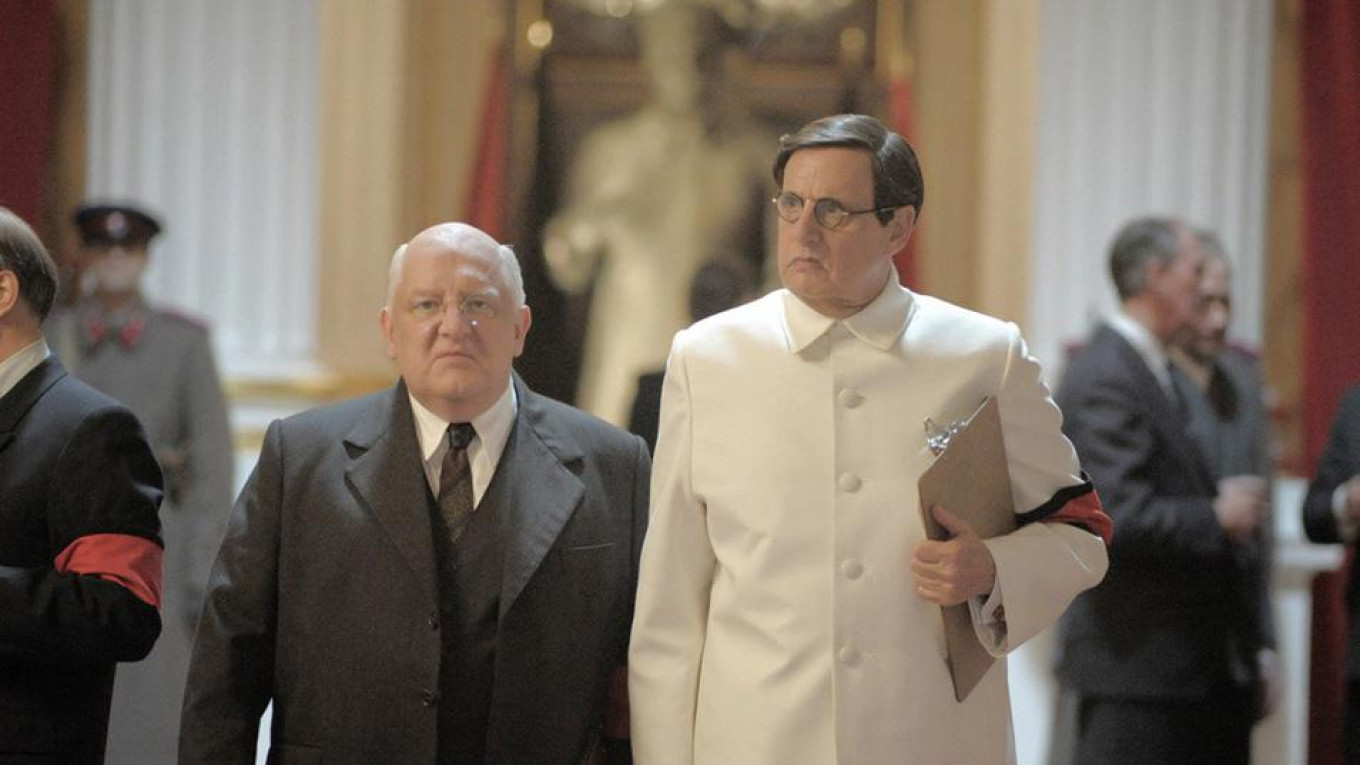
In a global sense, and oddly enough, the propaganda can be countered by the new language of democracy. The propaganda insists that liberalism is a lack of values. It must be shown that this is not so. It is necessary to translate democracy into the language of values, into the language of universal ethics. We must “make freedom great again” – and not just as a term from a textbook on economics.
In a sense, it is necessary to explain again where the border between good and evil is today. That is, the propaganda must also be opposed at the level of values, and not just facts.
Exposing the lies
Q. Besides your own work, whose work in countering disinformation would you single out as worthy of recognition?
A. I study propaganda, first of all, as a linguistic and cultural phenomenon. I think this is important. But I also admire people who expose specific fakes, lies and disinformation. This is Roman Dobrokhotov with his investigations, and Pavel Kanygin, and Sergei Parkhomenko at Echo of Moscow, the TV Rain team, and many other people.
The debate in Russia
Q. Is it dangerous to criticize disinformation in modern Russia? Or are discussions on this subject completely free?
A. So far, these discussions can be conducted freely in small venues – in individual publications, at conferences, in human rights organisations. Recently, people have even started joking and singing songs about the propaganda. This suggests that they are already concerned about the phenomenon of propaganda in itself. But there is no guarantee that even this local freedom of expression will continue in the future.


